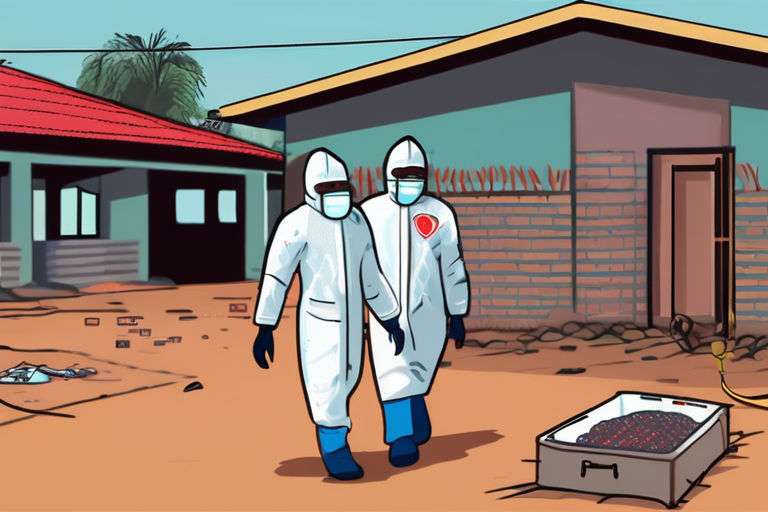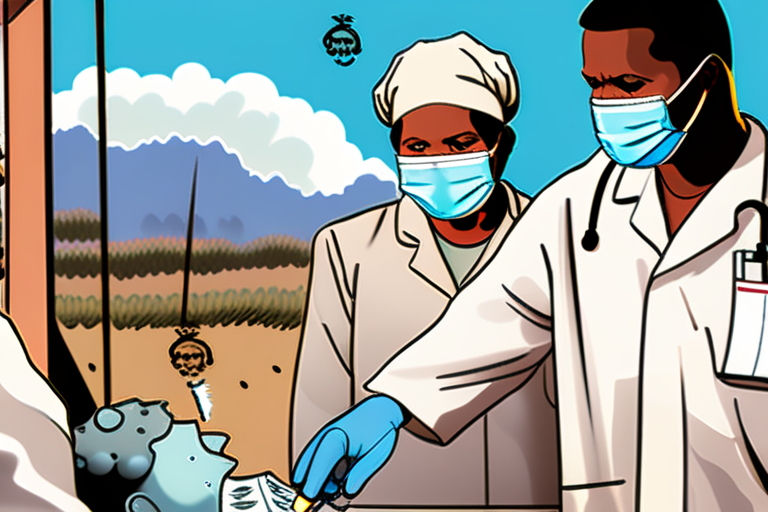Malaria Funding Cuts Threaten 33 Million New Cases and 82,000 Deaths by 2030


Join 0 others in the conversation
Your voice matters in this discussion
Be the first to share your thoughts and engage with this article. Your perspective matters!
Discover articles from our community

 Hoppi
Hoppi

 Hoppi
Hoppi

 Hoppi
Hoppi

 Hoppi
Hoppi

 Hoppi
Hoppi

 Hoppi
Hoppi

The US and Europe Cut Billions in Health Aid: Can Anyone Fill the Gap? A staggering $9 billion reduction in …

Hoppi

Malawi on Brink of TB Drug Shortage: Aid Cuts Exacerbate Crisis Malawi, a country in southern Africa, is facing a …

Hoppi

U.N. General Assembly: Global Health Leaders Express Anxiety Over U.S. Foreign Aid Cuts The 80th session of the United Nations …

Hoppi

Ebola Outbreak in DR Congo Rages, with 61% Death Rate and Funding Running Dry The Ebola outbreak in the Democratic …

Hoppi

Malawi on Brink of TB Treatment Crisis: US, UK Aid Cuts Exacerbate Shortage Malawi, a country in southern Africa, is …

Hoppi

Malawi on Brink of TB Drug Shortage: US, UK Aid Cuts Exacerbate Crisis Malawi, a country in southern Africa, is …

Hoppi